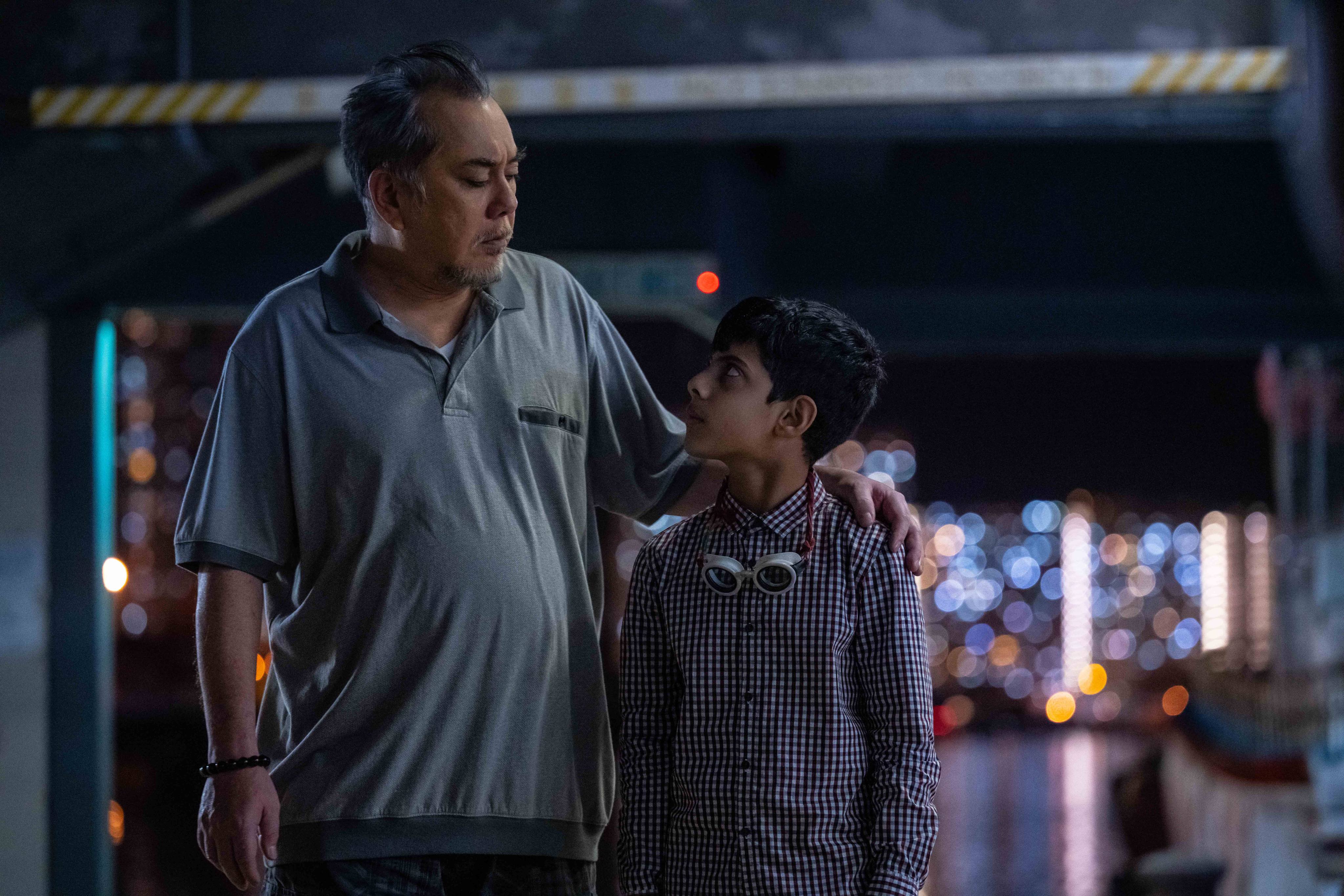Where are the ethnic minority stars and stories in Hong Kong films?
It’s time to break the negative stereotypes of South Asian gangsters and Southeast Asian domestic helpers and showcase Hong Kong’s diversity

The premiere of Hong Kong short film Wood House was watched by a packed house, who applauded when its starring actor Neha Rai, a Hong Kong-born Nepalese, took to the stage afterwards with her fellow cast members. The scene at Soho House Hong Kong, in Sheng Wan, last October was unusual. Ethnic minority actors tend to play criminals – or are largely absent from Hong Kong film and TV.
It seems clear that Hong Kong productions need to be more welcoming to members of ethnic minority groups and write more diverse roles into their scripts, particularly as this is a city where ethnic minorities make up more than 8 per cent of the population, accounting for nearly 620,000 residents, according to the latest census in 2021. It would allow a greater variety of stories to be told from different perspectives, helping audiences learn about and empathise with Hongkongers of all backgrounds.
And if we truly want to revitalise Hong Kong’s film industry, we will need to leverage a key yet underused strength: the city’s diversity.
The road to progress is long. Of the 37 films released in 2023, just one featured an actor from an ethnic minority group in a prominent role: The Sunny Side of the Street focused on an unlikely friendship between a Hong Kong-born Pakistani boy and a Chinese taxi driver. One reviewer said the film’s “focus on ethnic minority refugees is admirable given how mainstream Hong Kong institutions often either ignore or demonise the community”.
But such benevolence is rare and some producers may be guilty of avoiding the use of actors from non-ethnically-Chinese communities.
In April 2022, for instance, the role of a Filipino domestic worker in TVB’s Barrack O’Karma 1968 series was given to Franchesca Wong, who darkened her skin for the role, sparking outrage over what was seen as “brownface”. Wong had to apologise. “I genuinely have no intention to disrespect or racially discriminate [against] any ethnic group, please forgive me for getting it wrong,” she wrote on social media. Wong’s co-star King Lam also apologised for posting a video of her applying the make-up.

Just months later, another TVB show called Come Home Love: Lo and Behold showed a group of actors with blacked-up faces playing pallbearers in what was meant to be a comedy scene. In it, four people working at a funeral services company are seen singing and dancing as they carry a coffin out of a room at a memorial.
On the rare occasions that Hong Kong productions have featured actors who are not ethnically Chinese, they tend to be cast along ethnic lines, exacerbating the negative stereotypes.
One example is Hong Kong-born Indian actor Bitto Singh Hartihan. The 44-year-old featured in Hong Kong films and TV shows for almost two decades and even appeared in the popular 2021 police action thriller Raging Fire starring Donnie Yen, and 2012’s Cold War, which starred Aaron Kwok. But his roles included playing a gangster, a security guard and various arms dealers – all stereotypes associated with the city’s South Asian men.
“I decided to just step back and step away from the industry because as an ethnic minority or, let’s say, Indians or Pakistanis – ‘brown people’ – we aren’t treated well while on the set, because they [the film industry] always think that you are from a third-world country,” Hartihan told me recently.
The experiences of actresses from non-ethnically Chinese communities are no better, it seems. They, too, face challenges including stereotypical portrayals in films and TV shows. All too often, for instance, Southeast Asian female characters show up as foreign domestic workers from low-income families, with little to no nuance given to their character development.
Instead of falling into these stereotypes, Hong Kong’s film industry should take advantage of the unique position it finds itself in, by telling diverse and interesting stories to both local and global audiences.
Content about the lives of asylum seekers or foreign domestic workers overcoming adversity and breaking down barriers could help to play a part in putting the city back on the map and making its film industry one to be reckoned with again, after its heyday in the 1990s.
At the same time, ethnic minority actors need to be marketable – being able to speak Cantonese and Mandarin would certainly help. Thus, they should hone their craft in acting workshops, develop new skills and perhaps even find their own projects to produce, in an attempt to break away from stereotypes.